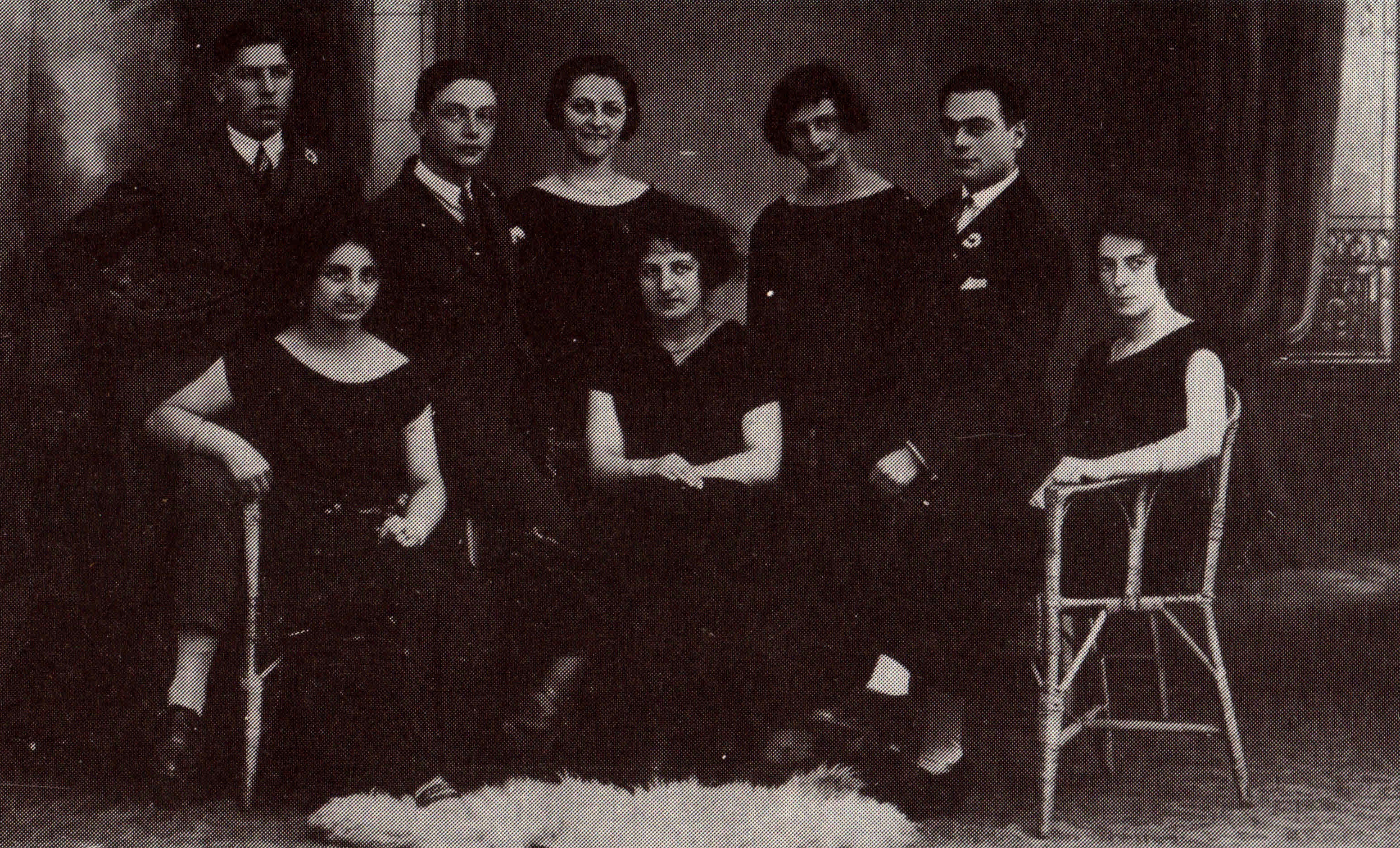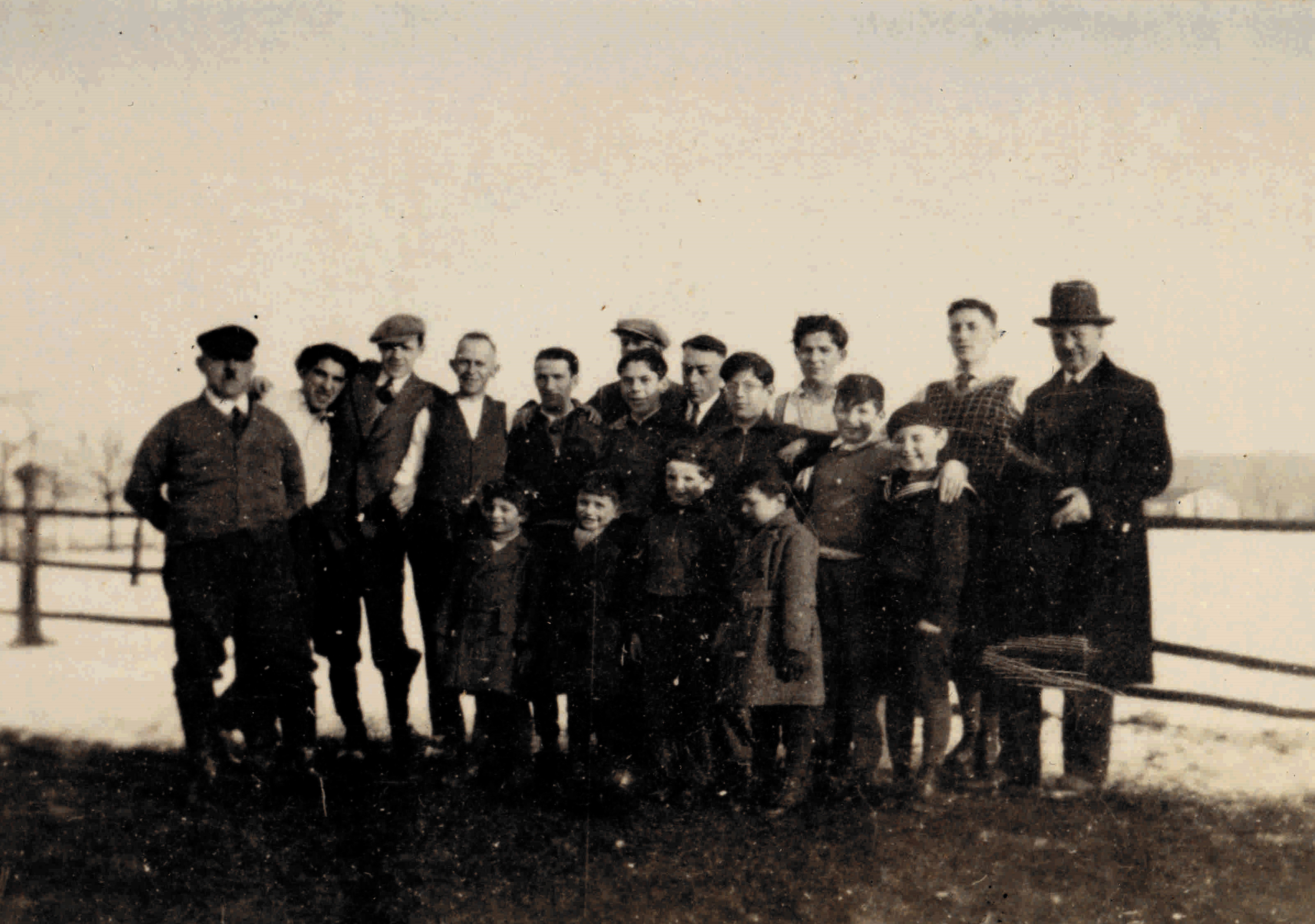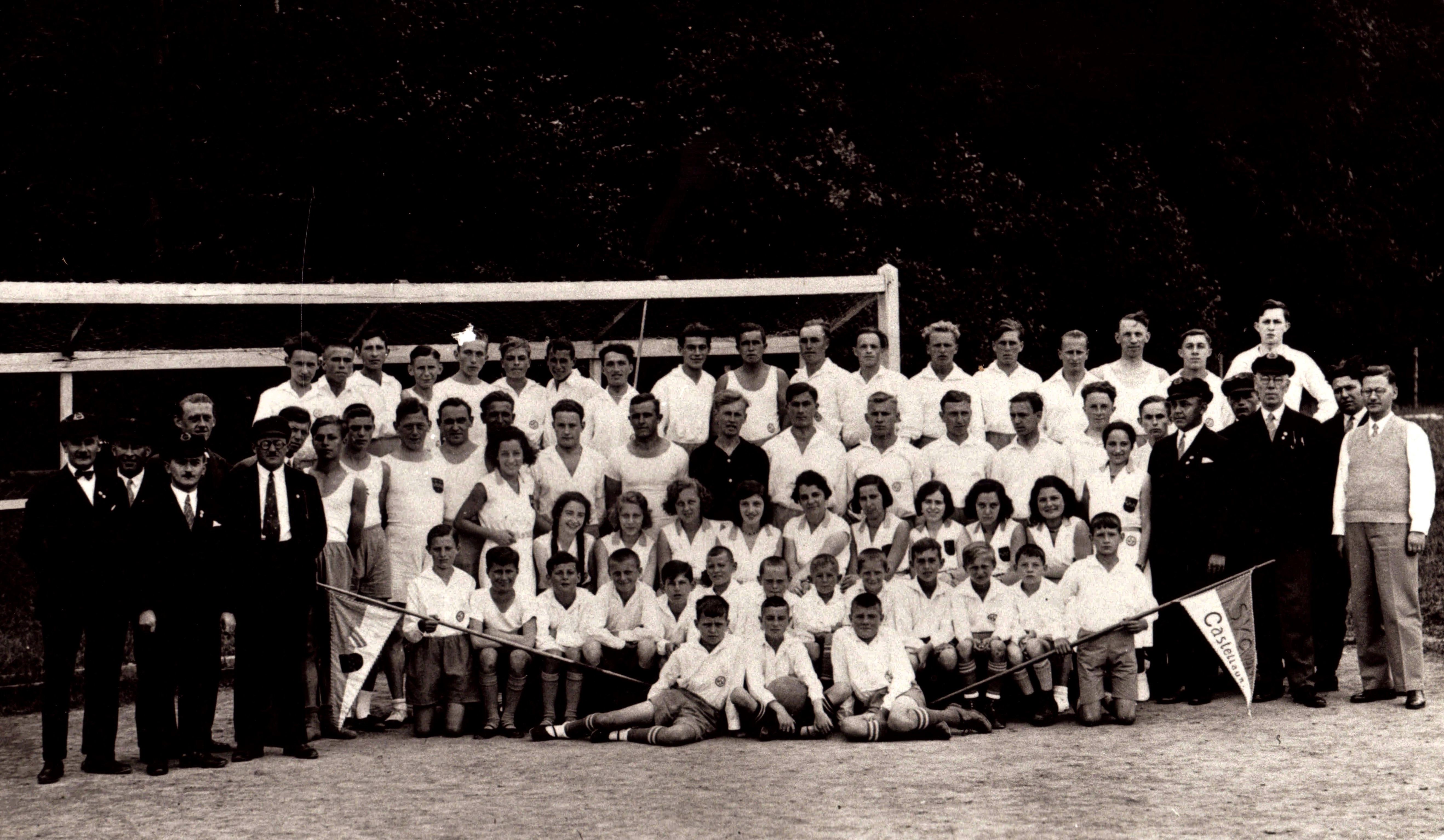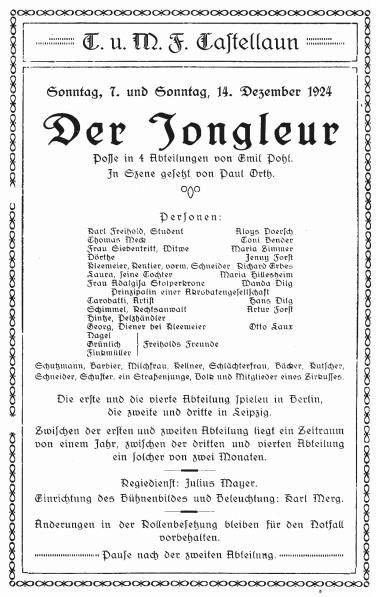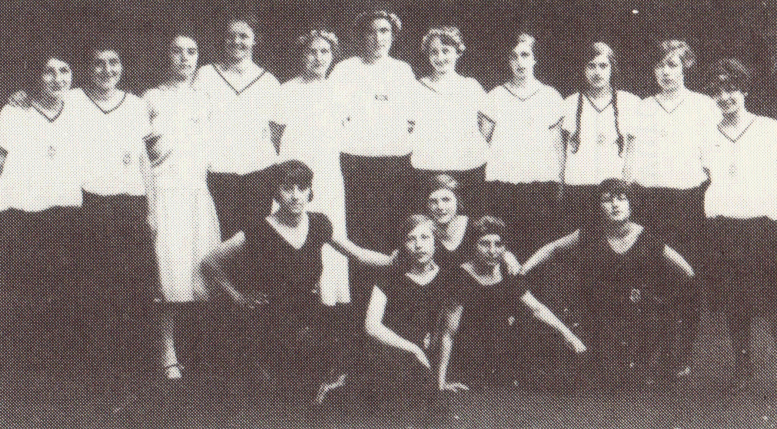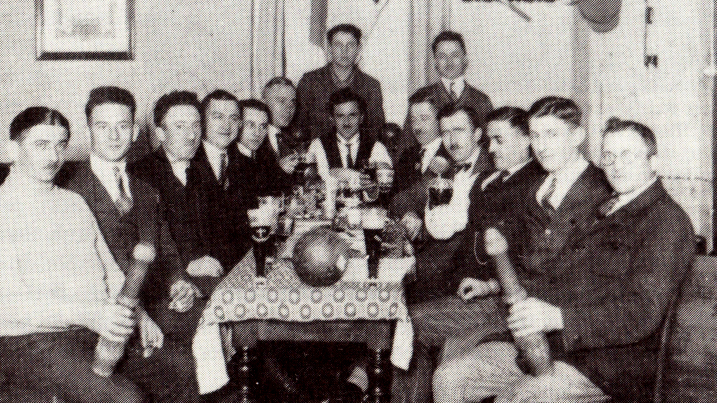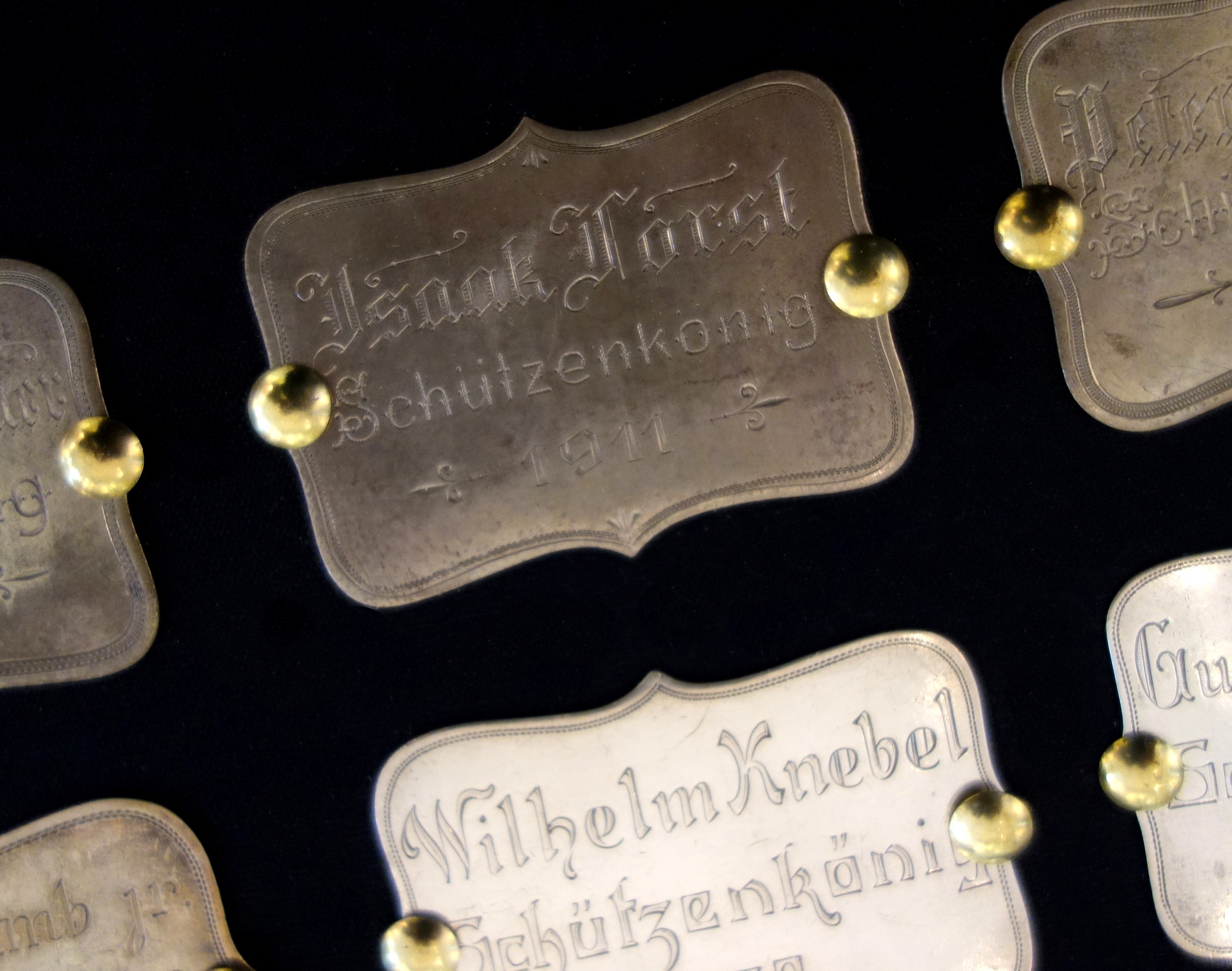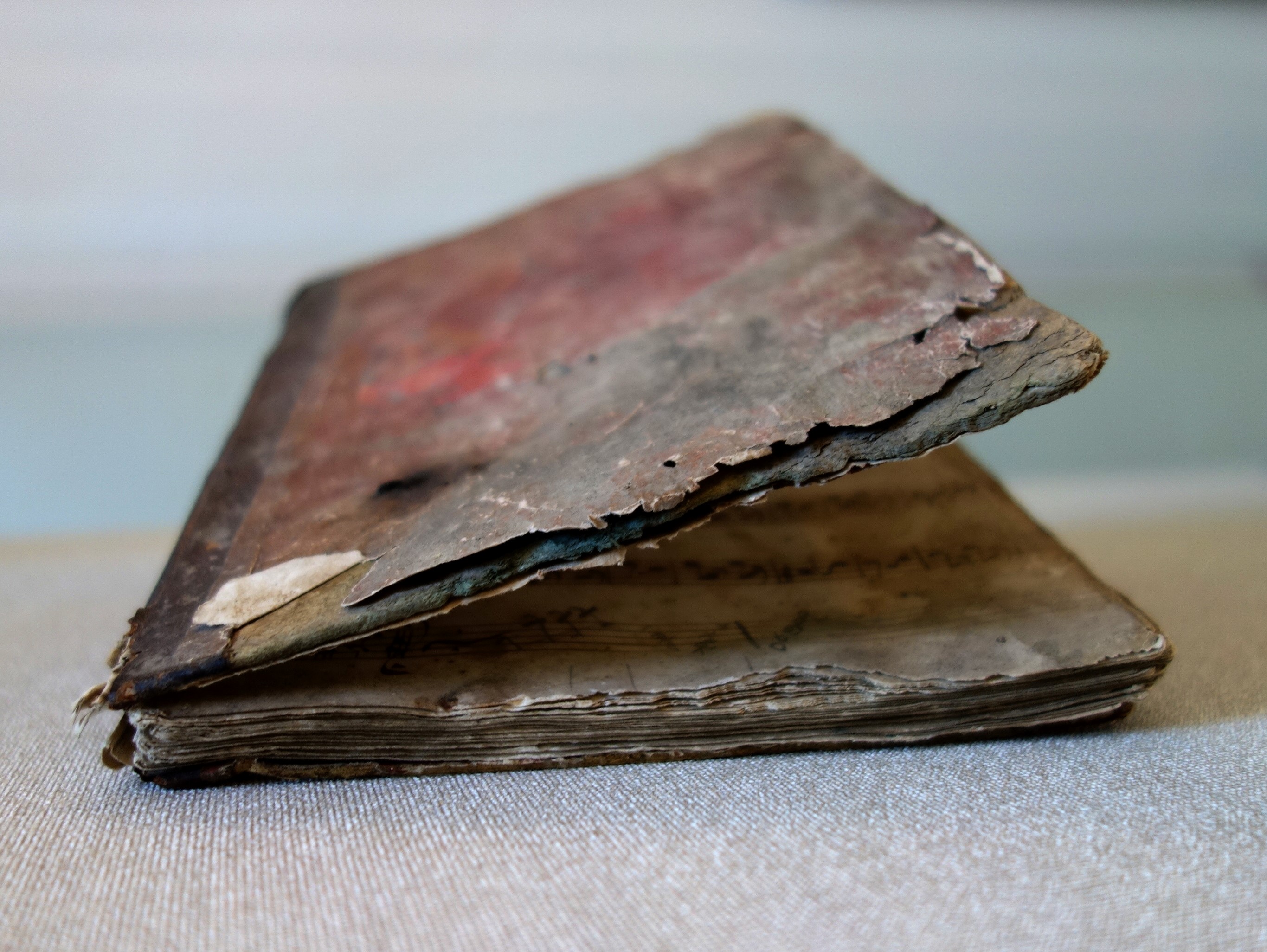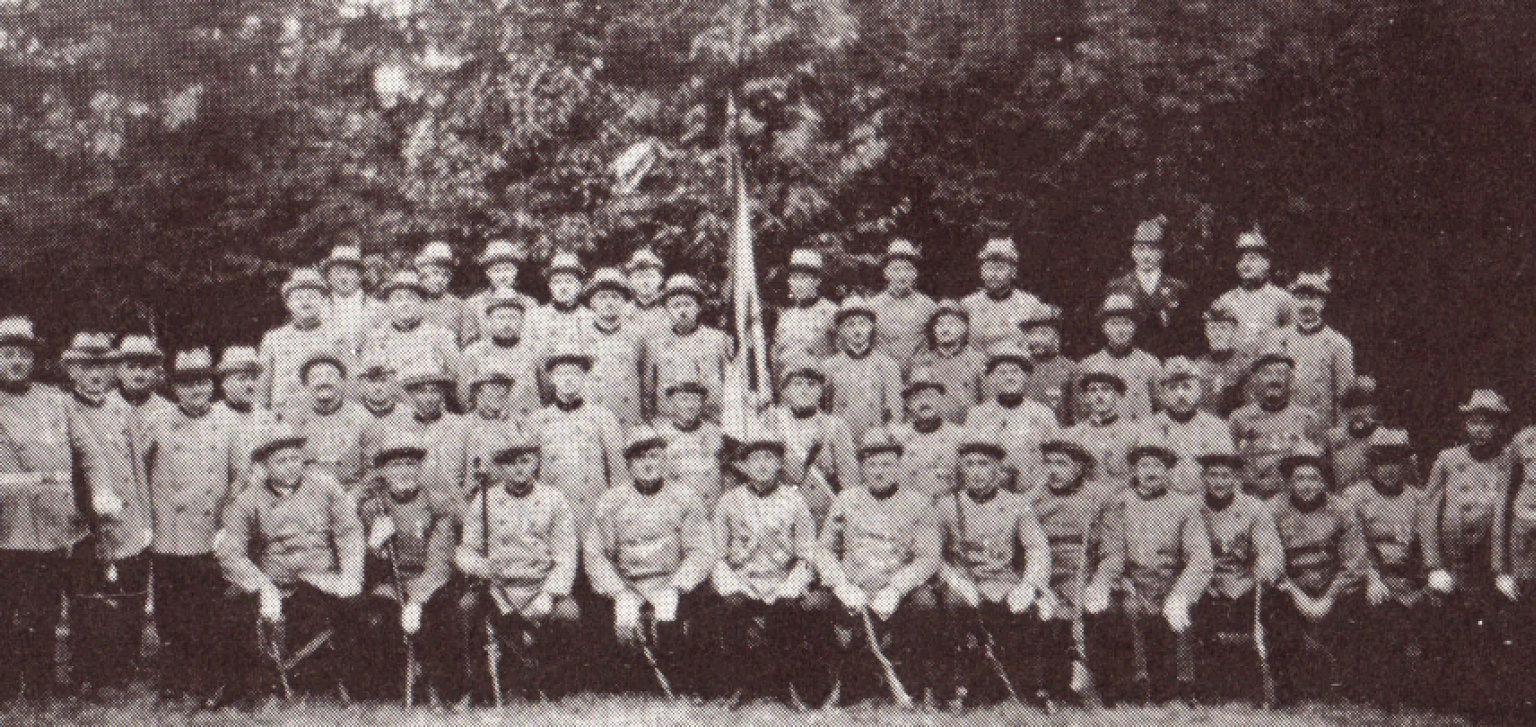
Beyond denominational boundaries
Isaak Forst, a horse trader from Kastellaun, was accepted into the „Wilhelm Tell“ shooting club following a „Ballotage“ (secret vote using small balls). He shot so well that he became the club’s champion marksman in 1903 and 1911. After 1933, however, his awards were removed from the club’s honour gallery; being returned only in 2004 thanks to the efforts of a dedicated club member. Minutes from the Kastellaun shooting club don’t even mention that its membership had voted to exclude Jews from the tradition-steeped club. In retrospect, perhaps it was their flight from Germany that saved Isaak Forst and his son Alex from being officially expelled from the club.
This incident is exemplary for what most Jews living in the countryside experienced. They helped establish countless clubs, were members of numerous organizations simultaneously and helped set the tone within cultural associations (e.g. choral societies, theatre groups, etc.) and even veterans associations. They participated in lady’s gymnastics teams, played fistball, took part in excursions and learned dancing together with their peers.
Jews fulfilled their civic obligations on a political level, as well: During the French era, Lazarus Wolf was the „President of the Municipality“ (mayor) from 1800 to 1804. Henriette Gerson, née Trum, was elected to the city council in Oberwesel after 1919. Her twin sons had been killed in the First World War. Jewish Germans were active in the municipal parliaments in many villages and cities. The Kirchberg teacher Moses Eppstein reported in 1867 that the Jewish merchant Heymann had been elected to the city council primarily by non-Jewish voters.
SaBa-Polka
Simon Baum from Bruschied (1851 to 1914) was a sought after musician who performed at dance venues all over the Hunsrück. He compiled his partially self-composed music in a notebook found in the attic of his former home. Heiner Schneider, director of the Stumm Organ Association in Rhaunen, conveyed it as memorabilia to the “Förderkreis” of Synagogue Laufersweiler in 2016. Irith Gabriely und Peter Przystaniak arranged this musical composition from that collection and titled it SaBa-Polka. SaBa is an acronym taken from the name "Samuel Baum", the son of Simon Baum, who was also a music teacher and who was last in possession of the notebook. "Saba" is also the Hebrew designation for "grandfather". As of 2021 six compositions have been "reconstructed".
The following slide presentation provides insight into the diversity of activities Jewish members participated in within their cultural associations and sports clubs.
Exclusion of Jewish members
Associations like these were actually the institutions, in which religious affiliation did not play an important role prior to 1933. They encouraged a gregarious and sociable coexistence, beyond denominational boundaries, that functioned only partially behind closed doors after 1933. Being banned from club participation or being excluded from this most important element of the integration process in any small town or village was a bitter humiliation for many Jews: social contacts and friendships were shattered as the social marginalisation of Jews increased rapidly. Even the activities of an interregional soccer club within the German Association of Jewish Front-line Soldiers (RjF), aimed at „toughening up the youth“ according to the „Führer principle“ did not last very long (Alex Forst from Kastellaun was a Board member). The flight of many of its members and a ban of the RjF in 1938 meant the end of this last Jewish association. The road was being paved for the violent final solution to the so-called „Jewish question“.

